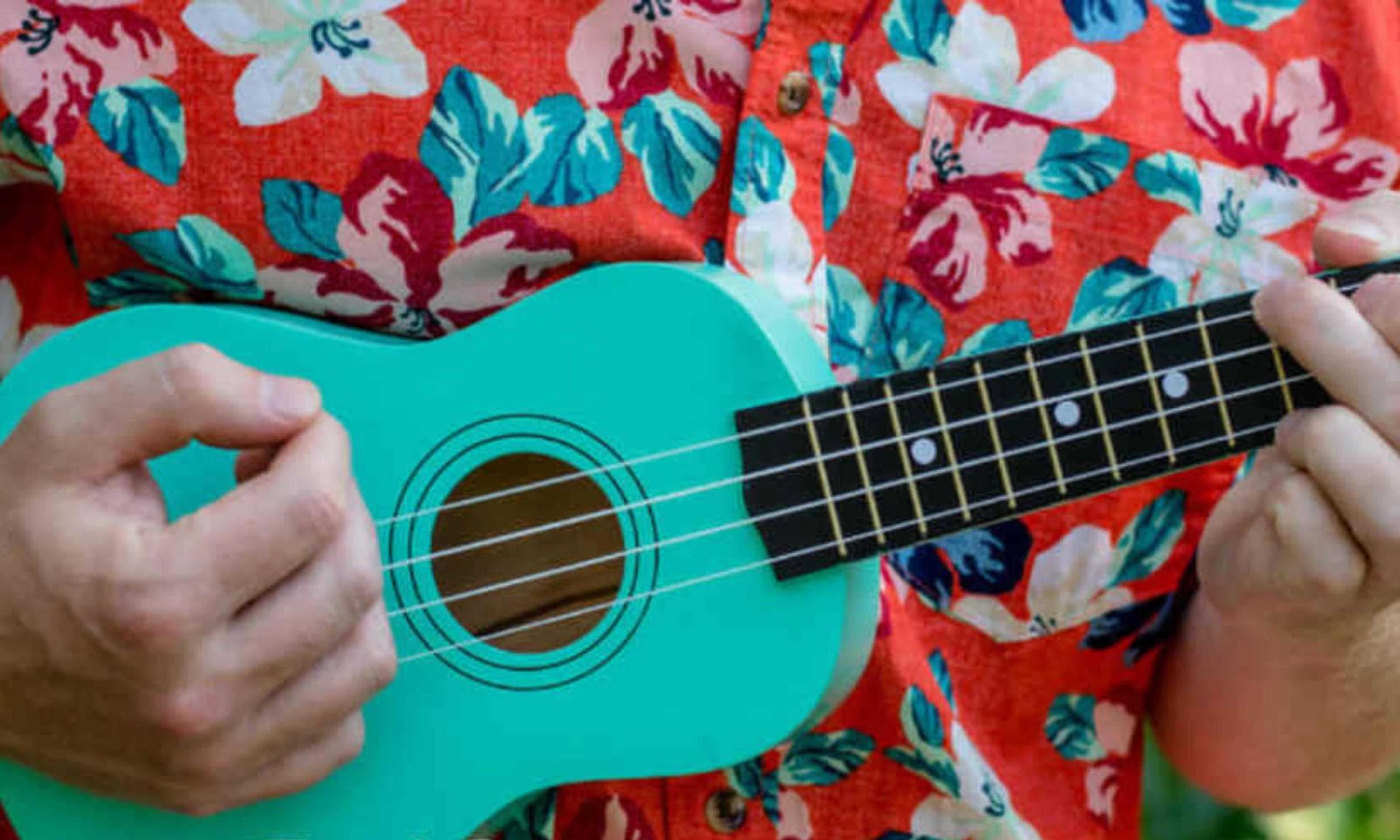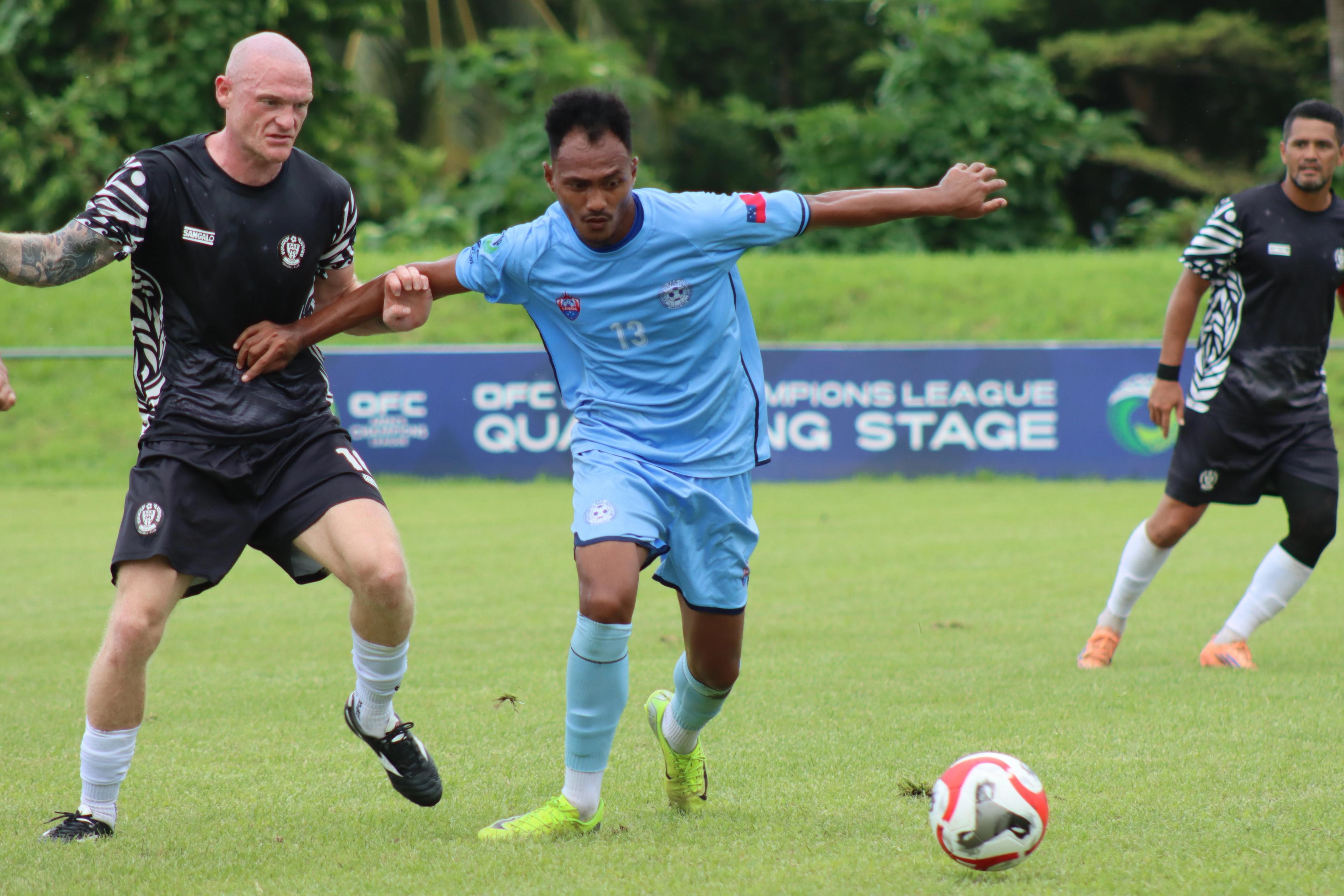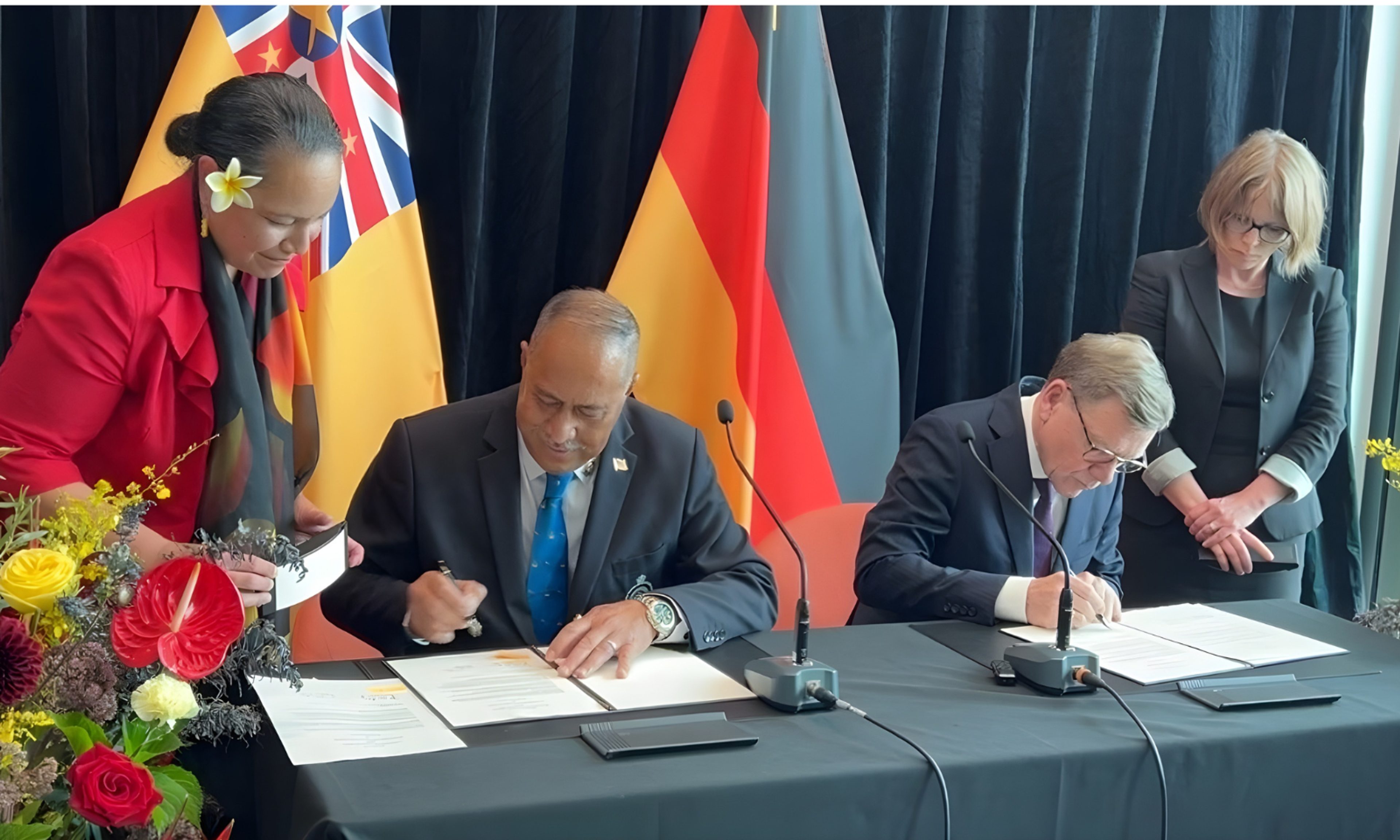

Tongan flag.
Photo /RNZ /Sela Jane Hopgood.
Linguist warns of Tongan language loss
A Japanese scholar, who has studied Tongan language for more than 30 years, says the trend of English preference can lead to the endangerment of faka-Tonga.



'Even 20 cents adds up’: Manukau commuters feel pinch of fare rise

Pacific drama in Sāmoa as late twists keep Oceania dream alive




'Even 20 cents adds up’: Manukau commuters feel pinch of fare rise

Pacific drama in Sāmoa as late twists keep Oceania dream alive

A visiting Japanese linguist, who has studied the Tongan culture and language for over three decades, says it’s important to keep Pacific languages alive in Aotearoa.
Yuko Otsuka, of Sophia University in Japan, also specialises in Polynesian languages and has warned of the loss of the Tongan language and its endangerment as English grows more prevalent in the Pacific Island nation.
For the past 20 years, Otsuka found that the Tongan language, both in any diaspora and the motherland, has become valued behind English.
She says this can be caused by the English language being a key factor for economic success and social status in the West, knowing English can help those wanting to migrate to wealthier countries for a better life.
“It really saddens me because I love the Tongan language,” Otsuka said.
“It’s a unique thing on Earth - it’s a language only spoken by around 100,000 people.
“In 2007, I wrote a paper called Making a Case for Tongan as an Endangered Language when the Tongan language wasn’t endangered at all.”
Watch the full interview on 531pi’s FB below:
Otsuka travelled to Tonga with the Japan International Cooperation Agency in 1990 and taught at Vava’u High School for two years where she learned to speak the language out of “love for the culture and Tongan communities”.
She studied at Oxford University where she switched from teaching Japanese to linguistics. She went on to specialise in formal syntax and theoretical linguistics with a focus on the Tongan language.
After leaving Oxford, Otsuka moved to Hawai’i where she taught linguistics for 16 years before moving to Sophia University in Tokyo in 2016.
Earlier this month, she spoke on the importance of preserving and proliferating Pacific languages and how Pacific diasporic communities can contribute to this message at the University of Auckland’s Centre for Pacific Studies, Te Wānanga o Waipapa.
At the seminar, she delved into how most people do not see faka-Tonga as endangered, and that that sentiment matches up with official classifications of endangered languages by UNESCO.
Among that same list are the Cook Islands, Niuean, Tuvaluan, and Tokelauan languages - all classified as either vulnerable or endangered.

Professor Yuko Otsuka was thrilled to finally visit Aotearoa and especially the University of Auckland. Photo /University of Auckland.
Otsuka says there is a sense that people in Tonga feel the language will be fine because living in a nation that predominantly speaks Tongan typically does not require conscious effort in learning and speaking it.
She said her paper was making the point that once a language crossed the threshold of being endangered, it was too late to revert that loss.
“We need to prevent that from happening and so that was my call for awareness.
“In that paper I also suggested that the role of diasporic Tongan’s play is very important because the language loss is more acutely obvious in diasporic communities.”
She said the situation with the Tongan language has worsened since 2007, particularly in New Zealand.
The 2018 Census figures revealed that only 12 per cent of Tongans, under 15 years old, could speak faka-Tonga in Aotearoa, a decline by 9 per cent since 2006.
“They can tell the Tongans in the homeland that language can be lost easily over one generation.”

Tonga. /Photo /Air New Zealand.
Otsuka said the preservation and proliferation of a language should start at home and she encouraged people to speak their ancestors’ language often.
She said children would pick up the language at home and, particularly those living in a Western diaspora outside of the home, they would be exposed to English and therefore acquire it.
“So you don’t need to worry about ‘oh my goodness my Tongan child is not going to speak English fluently’.”
However, she said the social status of a language was important when considering the colonial history around the Māori language where it was banned.
“That was the worst thing that could happen. Children were punished for speaking the language.
“They were taught it was a bad thing to do so even if at home you used the language, you’d come back from school with that mentality.
“You would think ‘Mum speaks Māori, Dad speaks Māori, but the teacher said it’s wrong, it’s a bad language’.
Otsuka said that it was vital to give languages a position in the education system, granting it heft in social status.
But she said the main drive of language survival should start at home rather than in school.